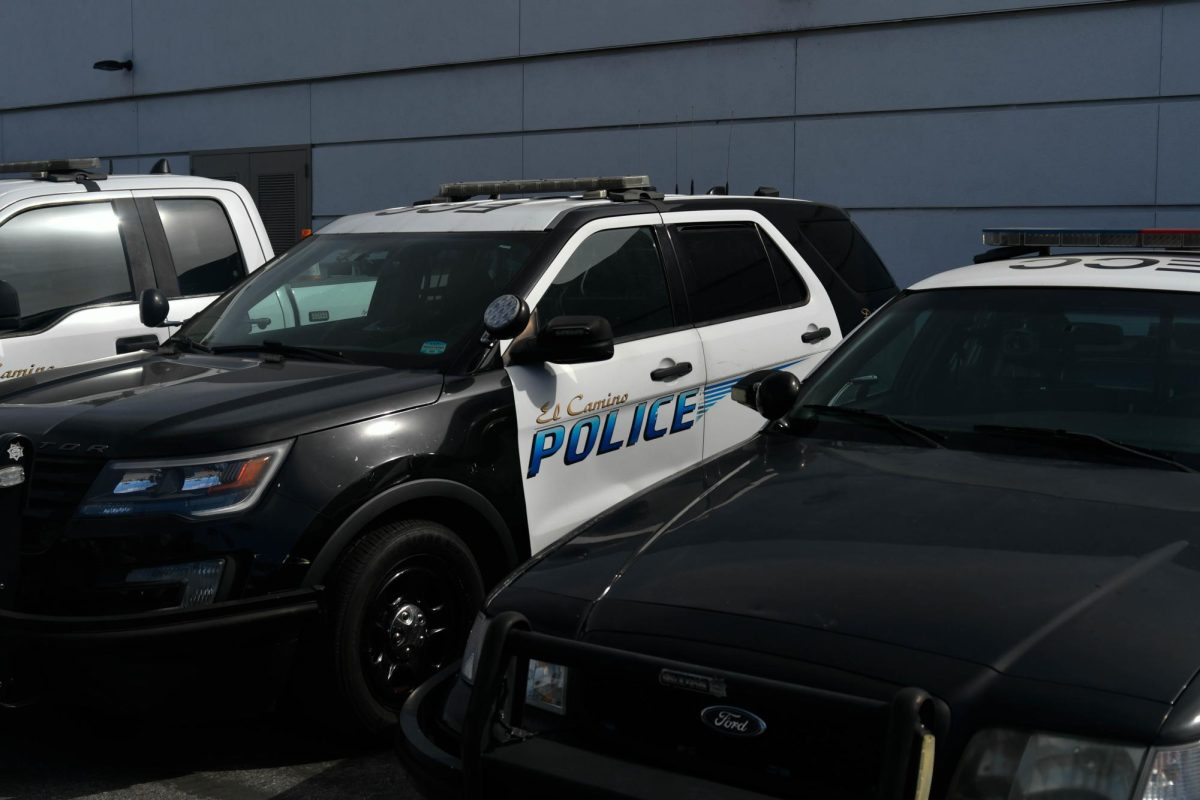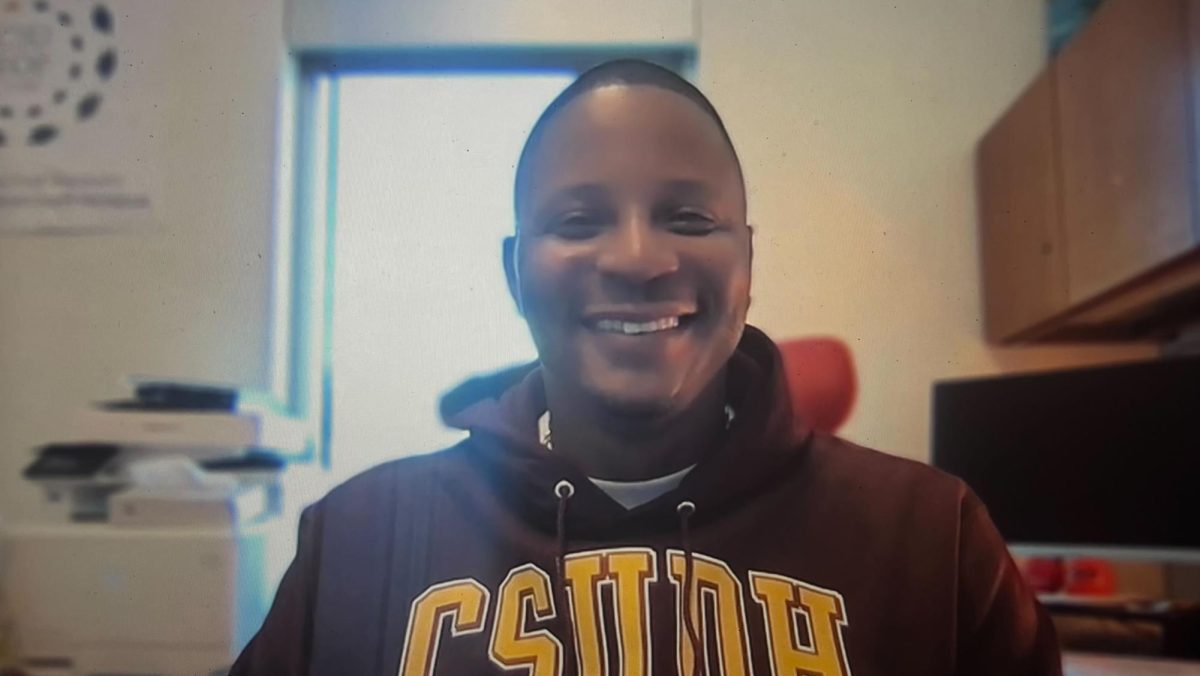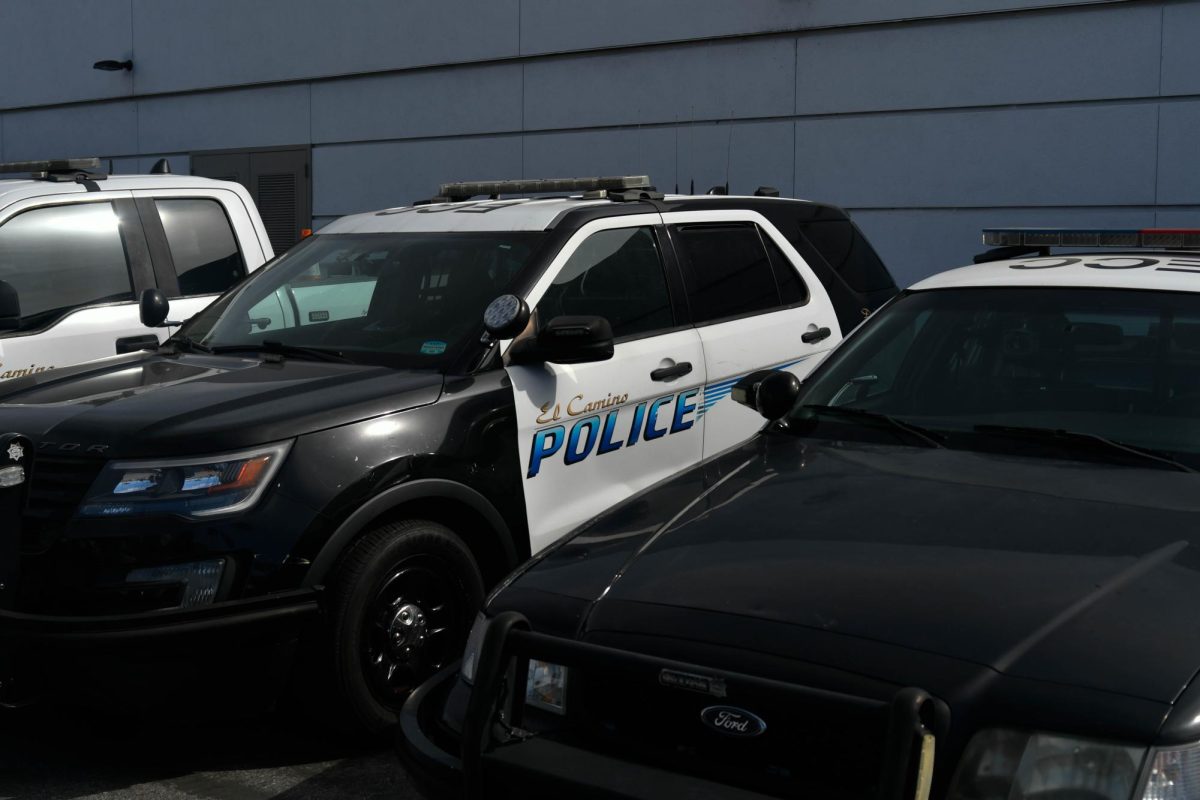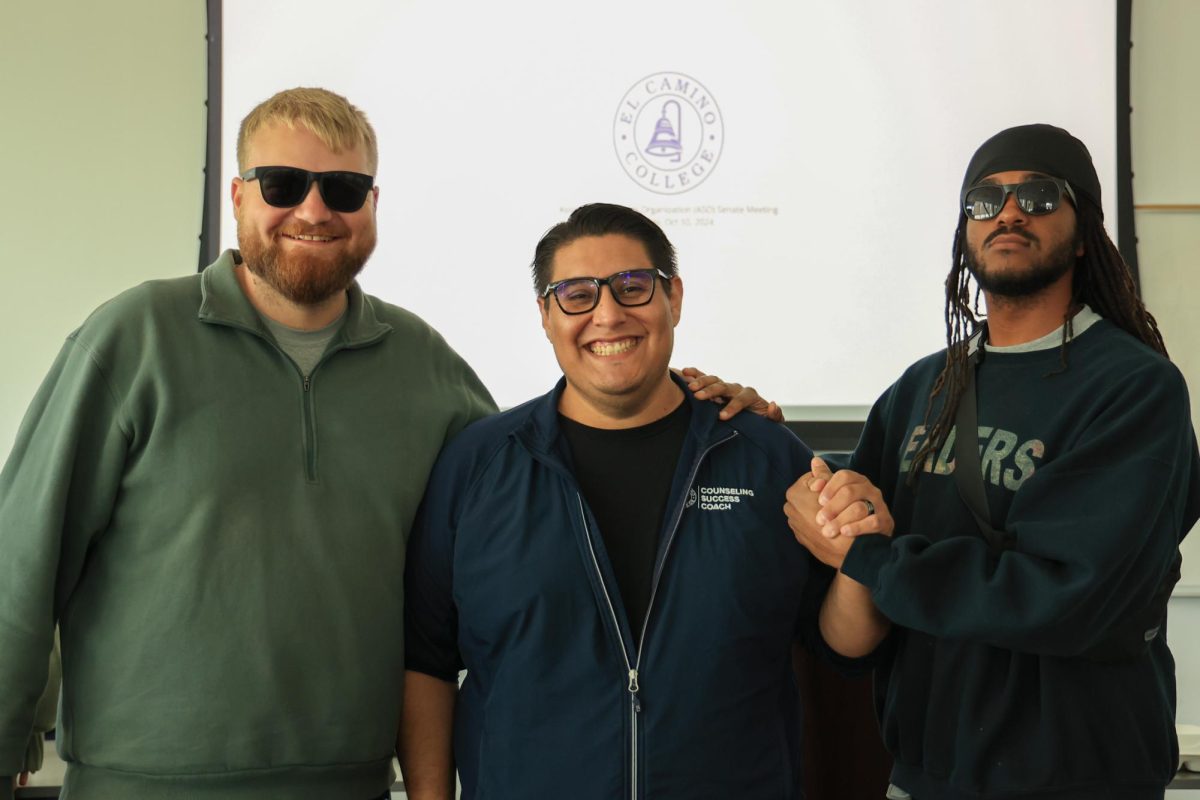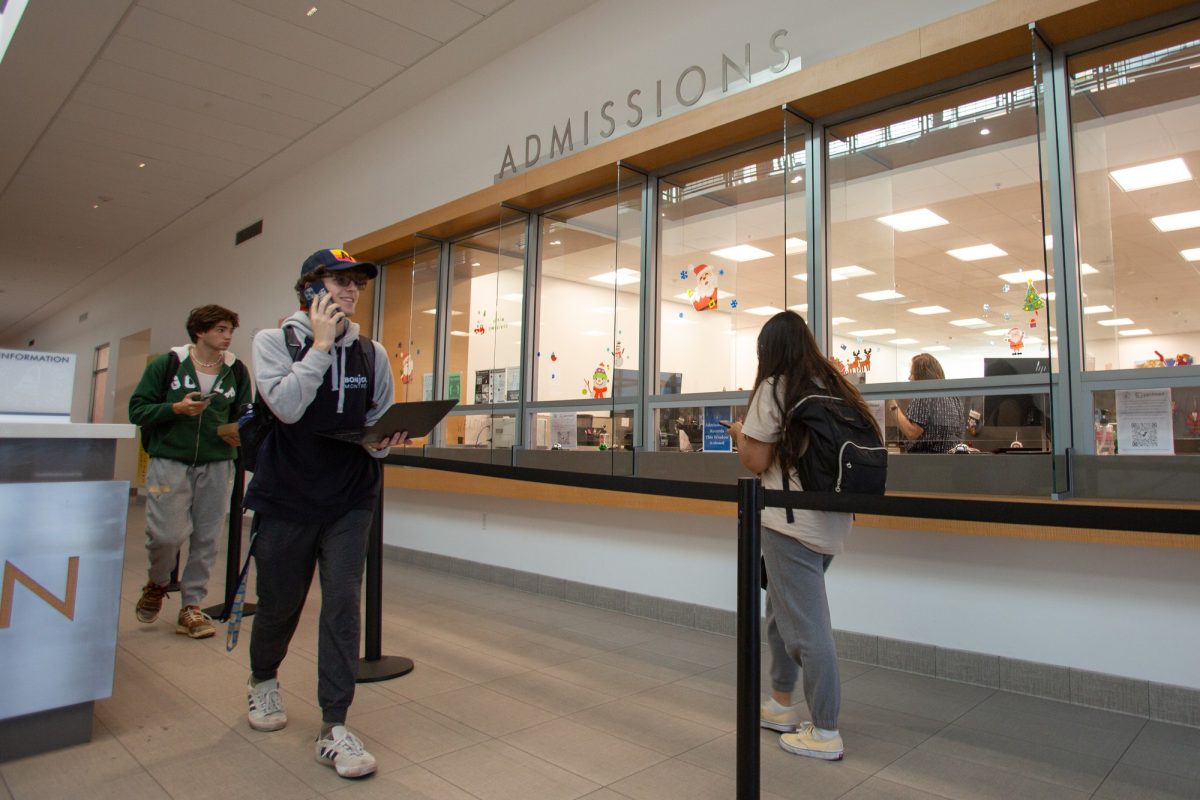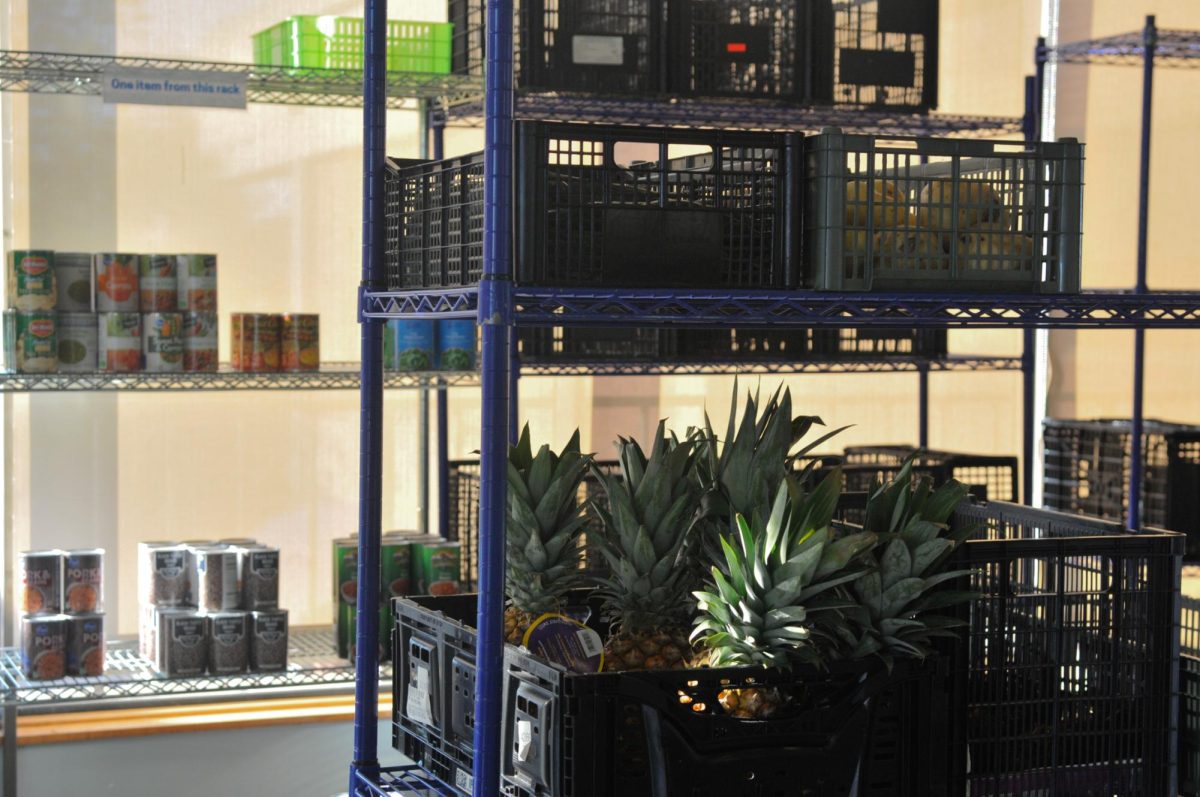Editor’s Note: This article is part of a series that will focus on Hurricane Katrina’s aftermath and connection to the EC community.
You are in an SUV with your brother and parents on a major freeway in 100 degree heat and traffic hasn’t moved in hours, and you’re not even in L.A. This is what happened last week before Hurricane Rita hit the Gulf states.
Now that two hurricanes have passed within the space of a month, both receiving drastically different responses by the nation’s government, students comment on how things were managed and how much their lives have actually been affected by Katrina’s rage and Rita’s fury.
Claire Sobba, business major, said the response to Hurricane Katrina was not managed well but preparations for Hurricane Rita’s landfall were much more organized and much more beneficial.
“I think that the federal government failed us the first time, but they immediately faced the problem by replacing the FEMA director,” Sobba, said.
She said that the reason federal authorities did not properly prepare for Katrina is because hurricanes are nothing new to the Gulf Coast.
“It was an eye-opening experience for the federal government not to just dismiss natural disasters that are very common in some areas,” said Sobba.
Because hurricanes are so common, Sobba said, many residents typically ignore local warnings and evacuation orders because they have weathered hurricanes before.
“I’m from Louisiana and I understand how the citizens of that state may not take (hurricane) situations as seriously as they are and that’s why the Federal Government needs to step in,” she said.
That is exactly what she said they did when Hurricane Rita began heading for Texas.
“They evacuated huge cities with Houston and Galviston and they were prepared with supplies, water and food,” Sobba said. “It was there waiting for the people who might have been hurt.”
Aaron Deering, undeclared major, said that he believed the dual hurricanes have not had much of an impact on EC students beyond gas prices.
“I think it’s trendy to care about natural disasters when they don’t directly affect us; it’s good to care and donate money, but at a certain point it becomes (for the sake of fitting in to a trend),” Deering said.
This semester the blood drive, put on by Inter-Club Council members, will join efforts with student government members to collect funds as well as blood for the Red Cross, Joe Celli, executive public relations officer for ASO, said.
“I’m asking students of El Camino to come out and help support hurricane victims by donating blood and money,” Celli said. “Tell your friends and family to come out; it’s all for a good cause,” he said.



